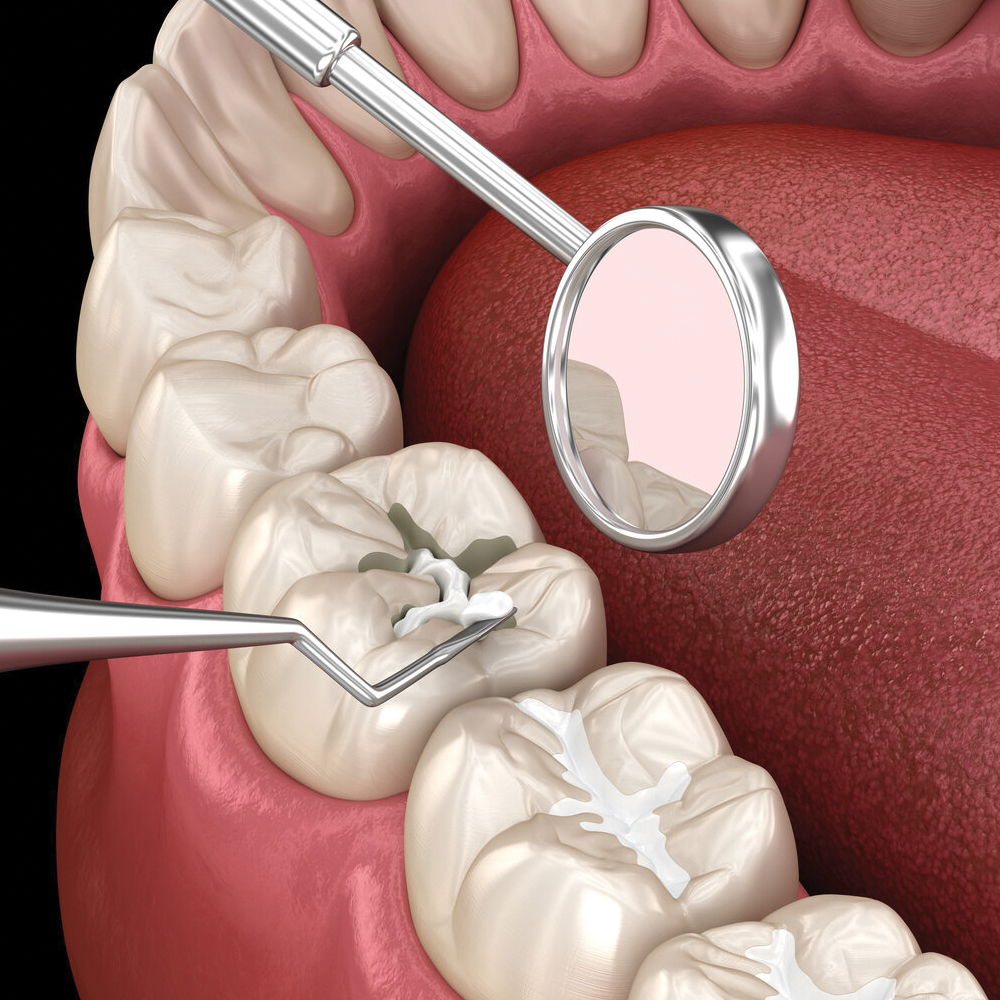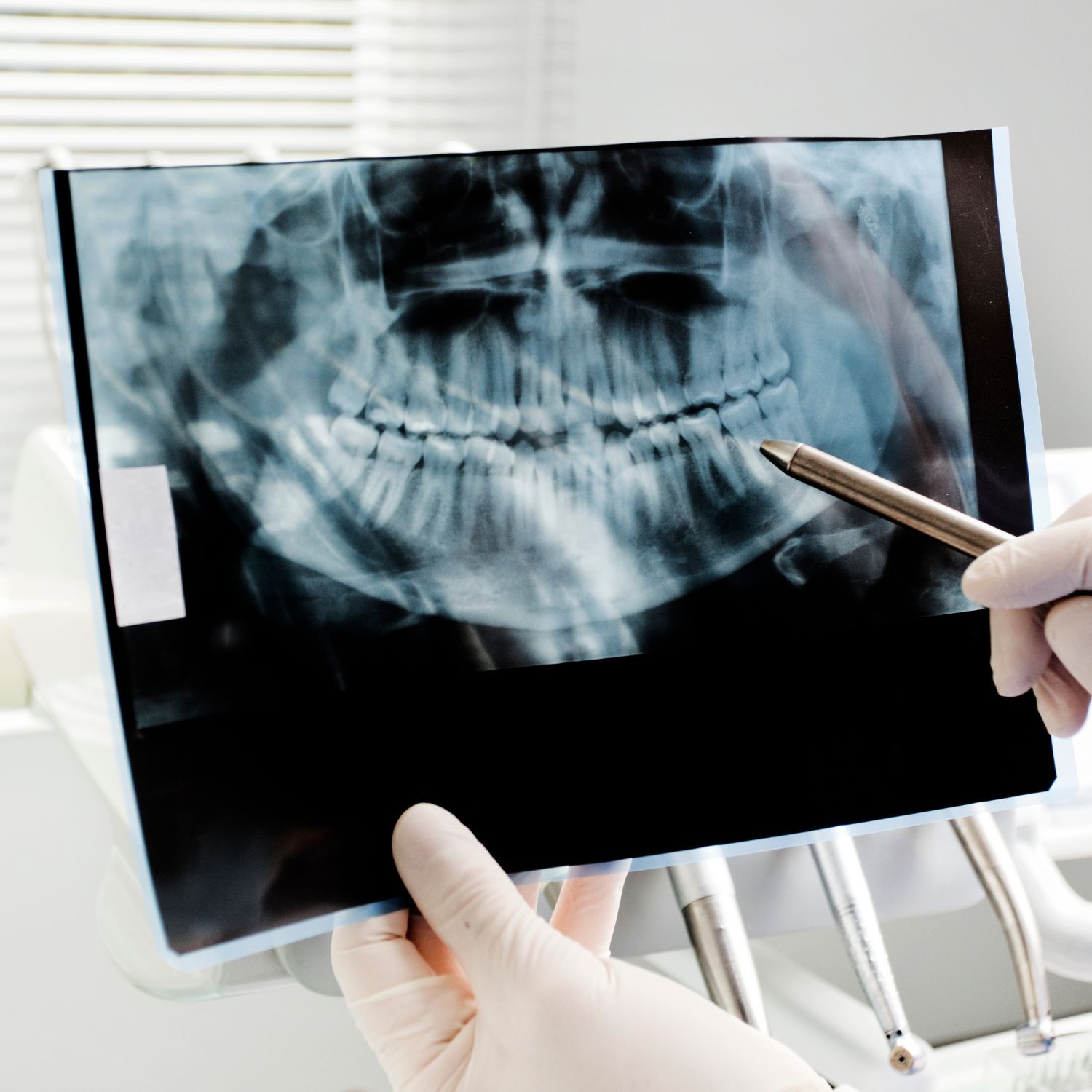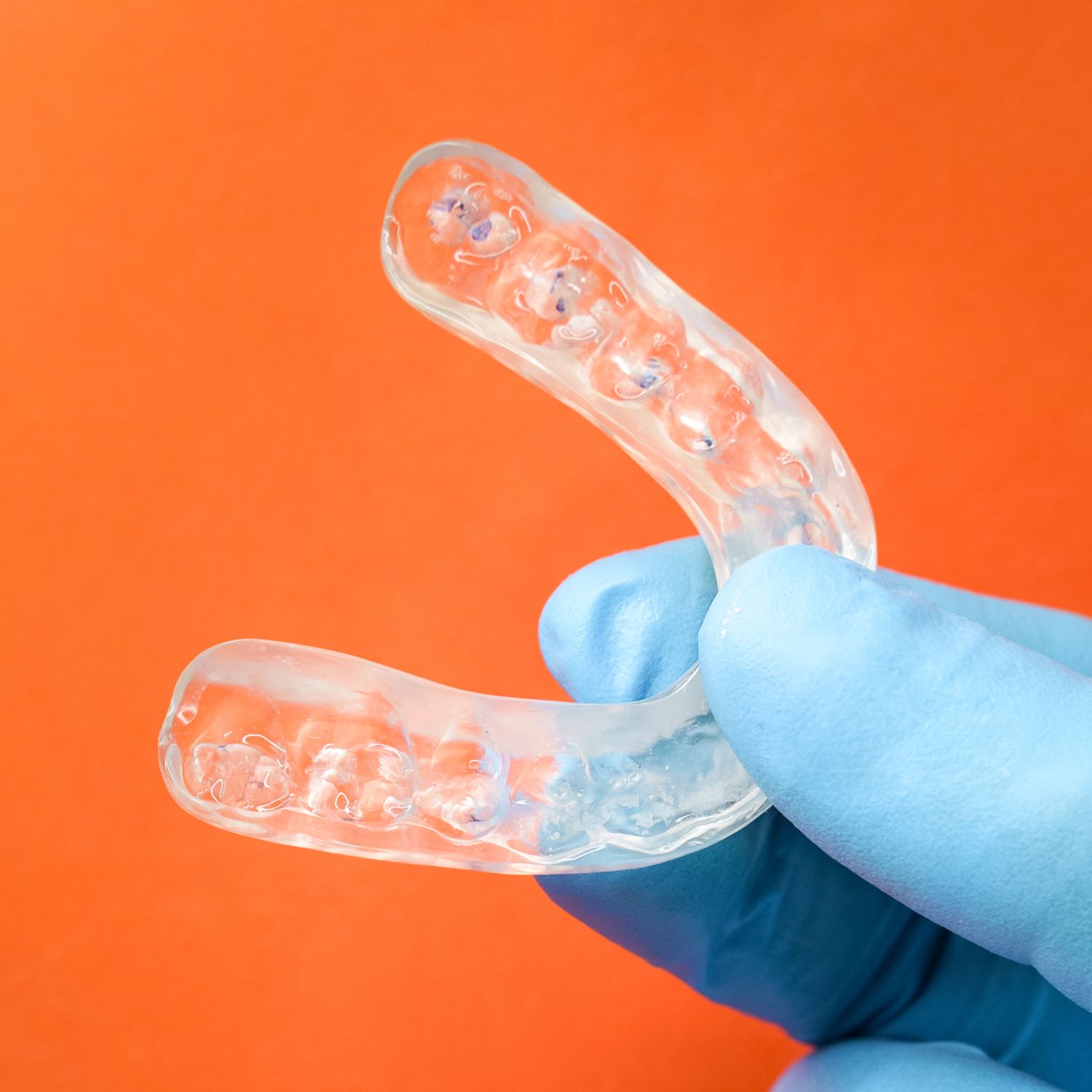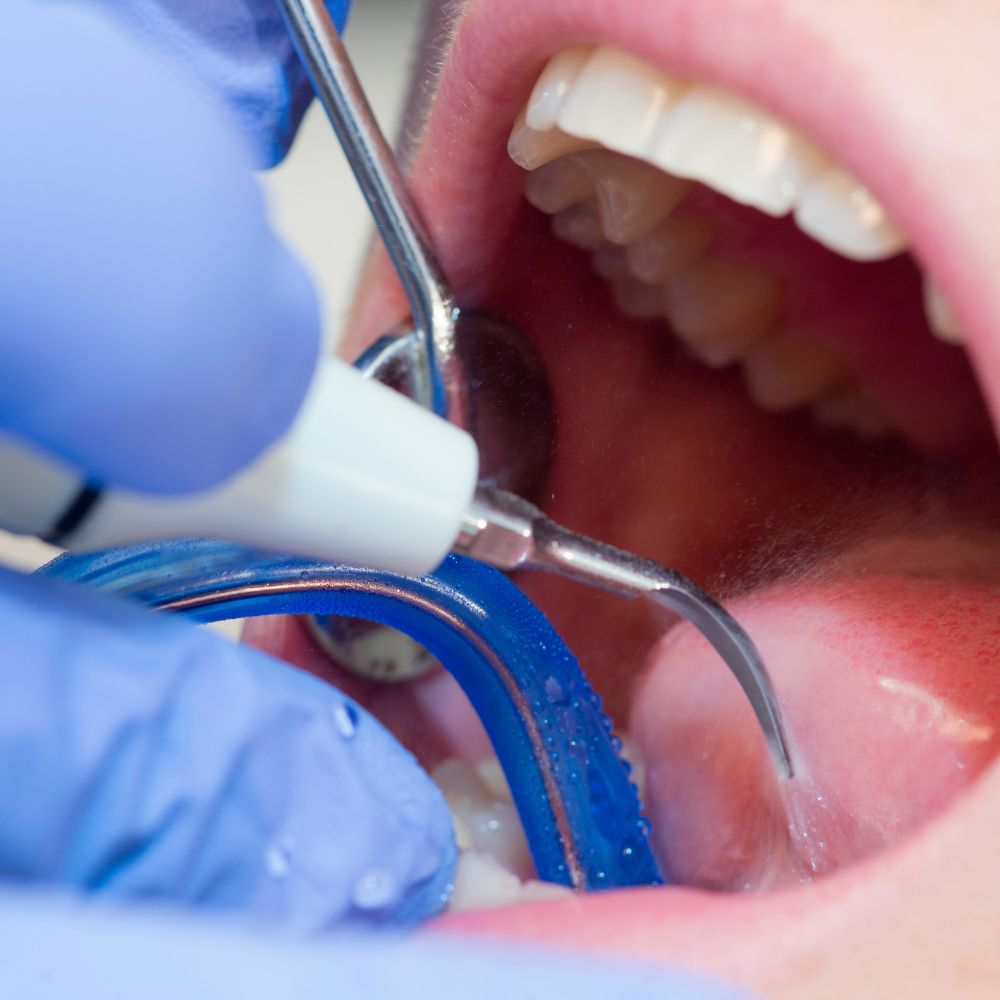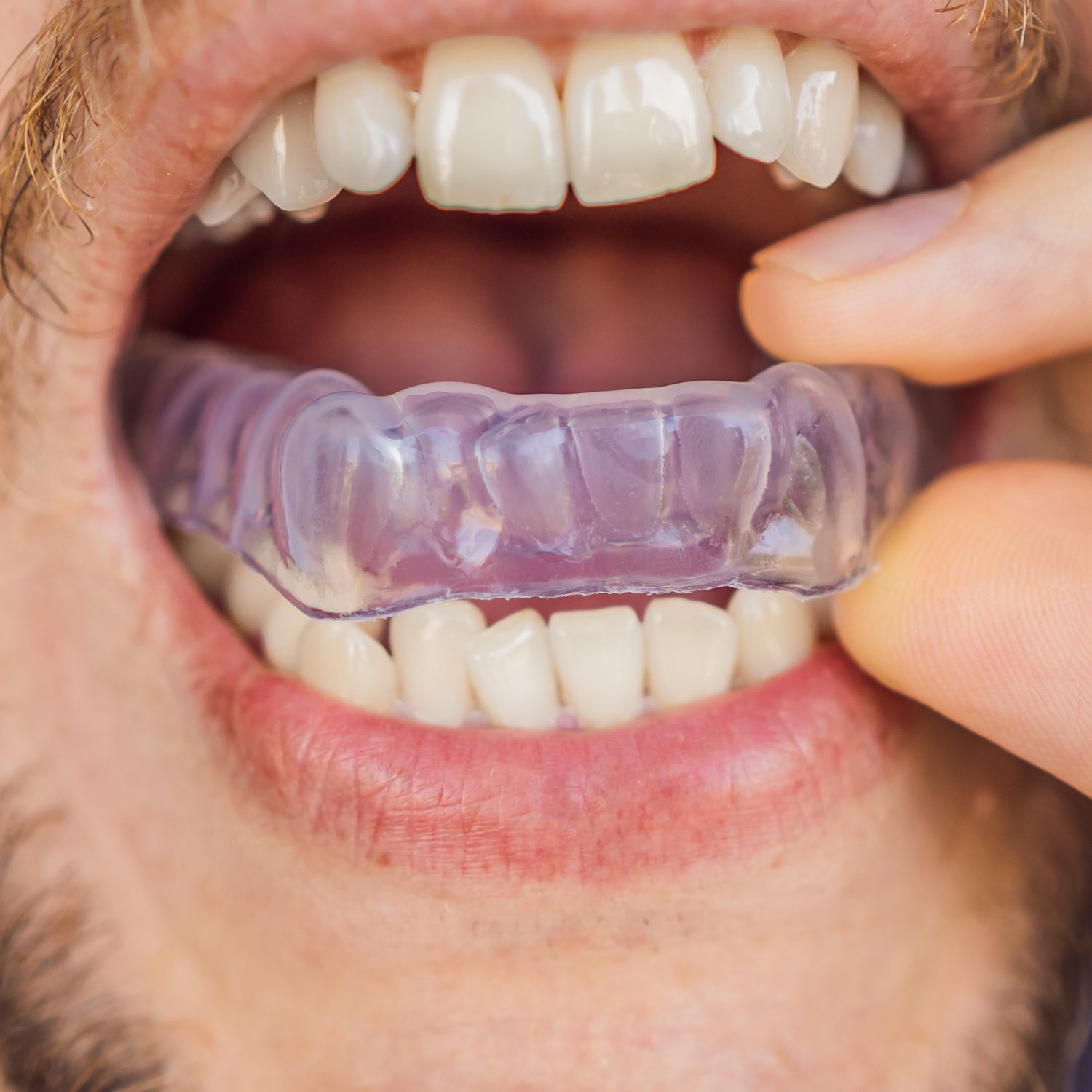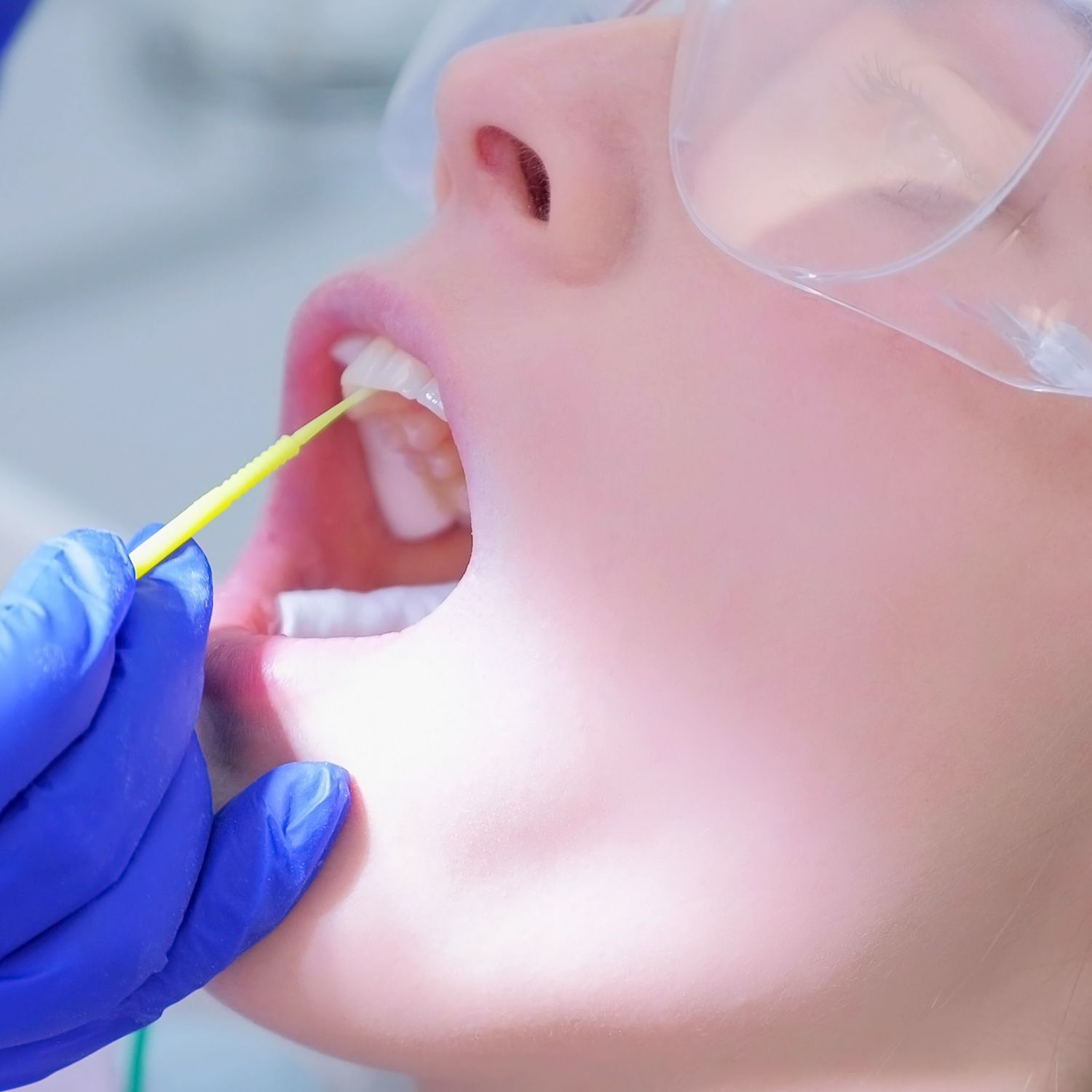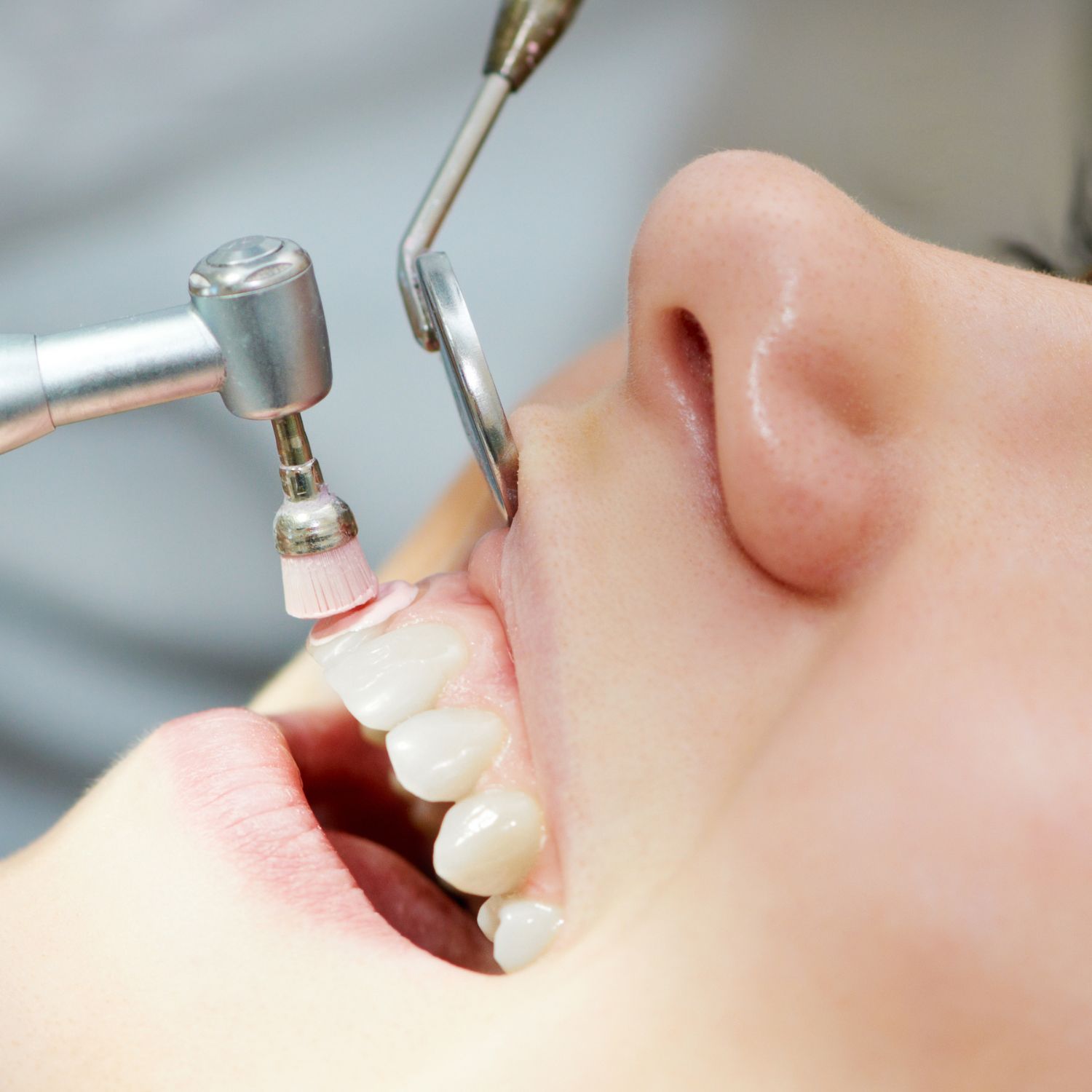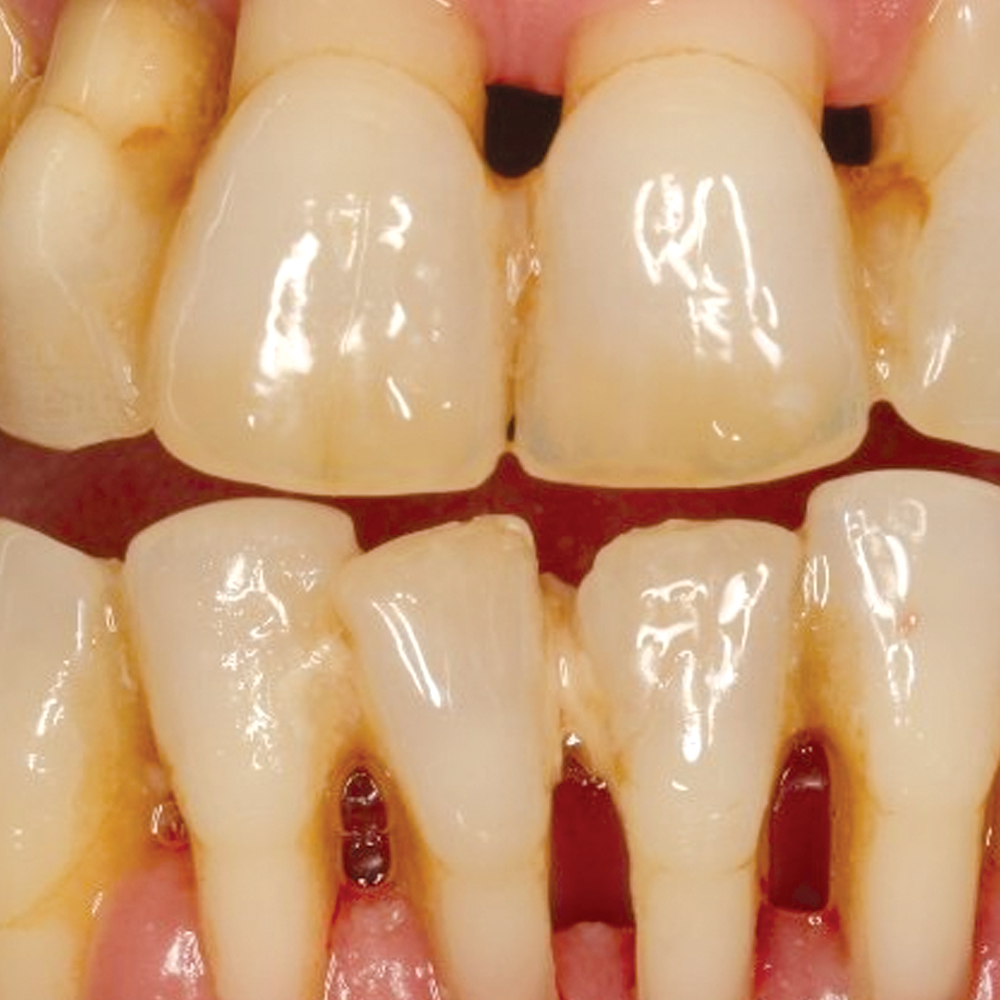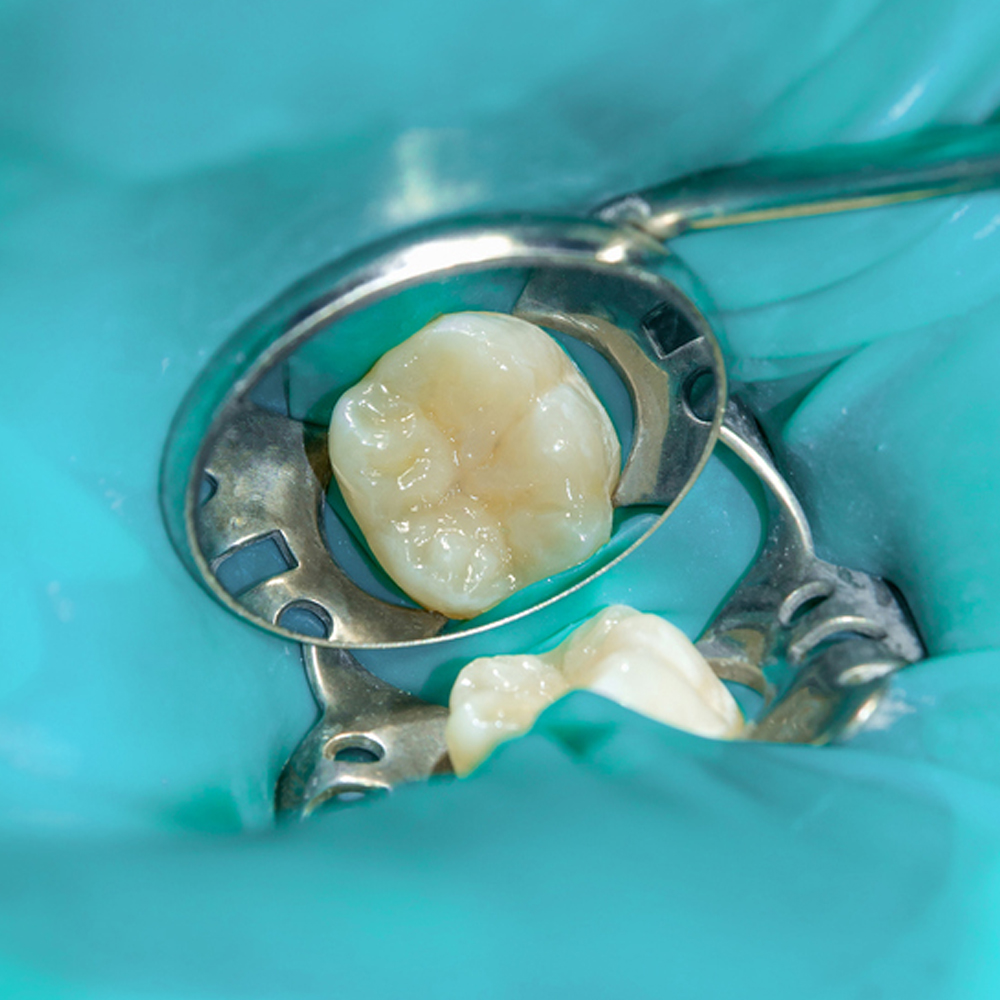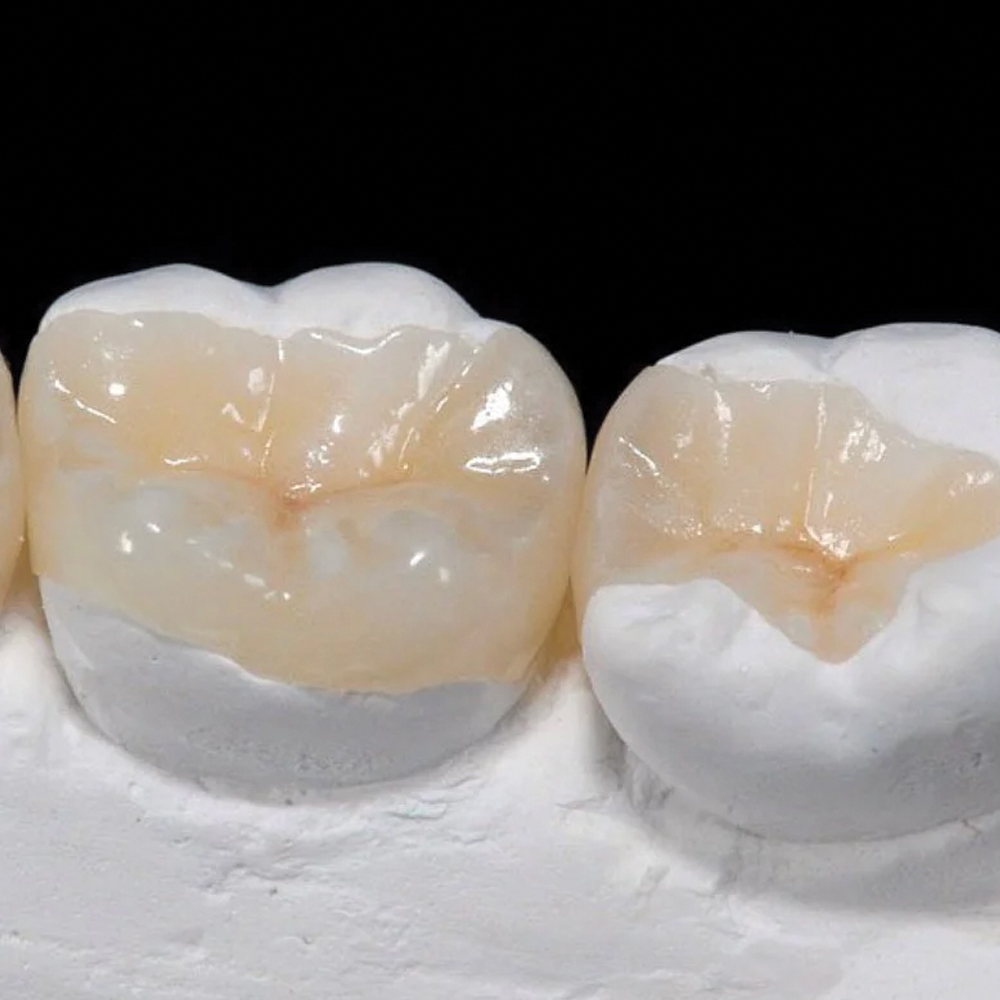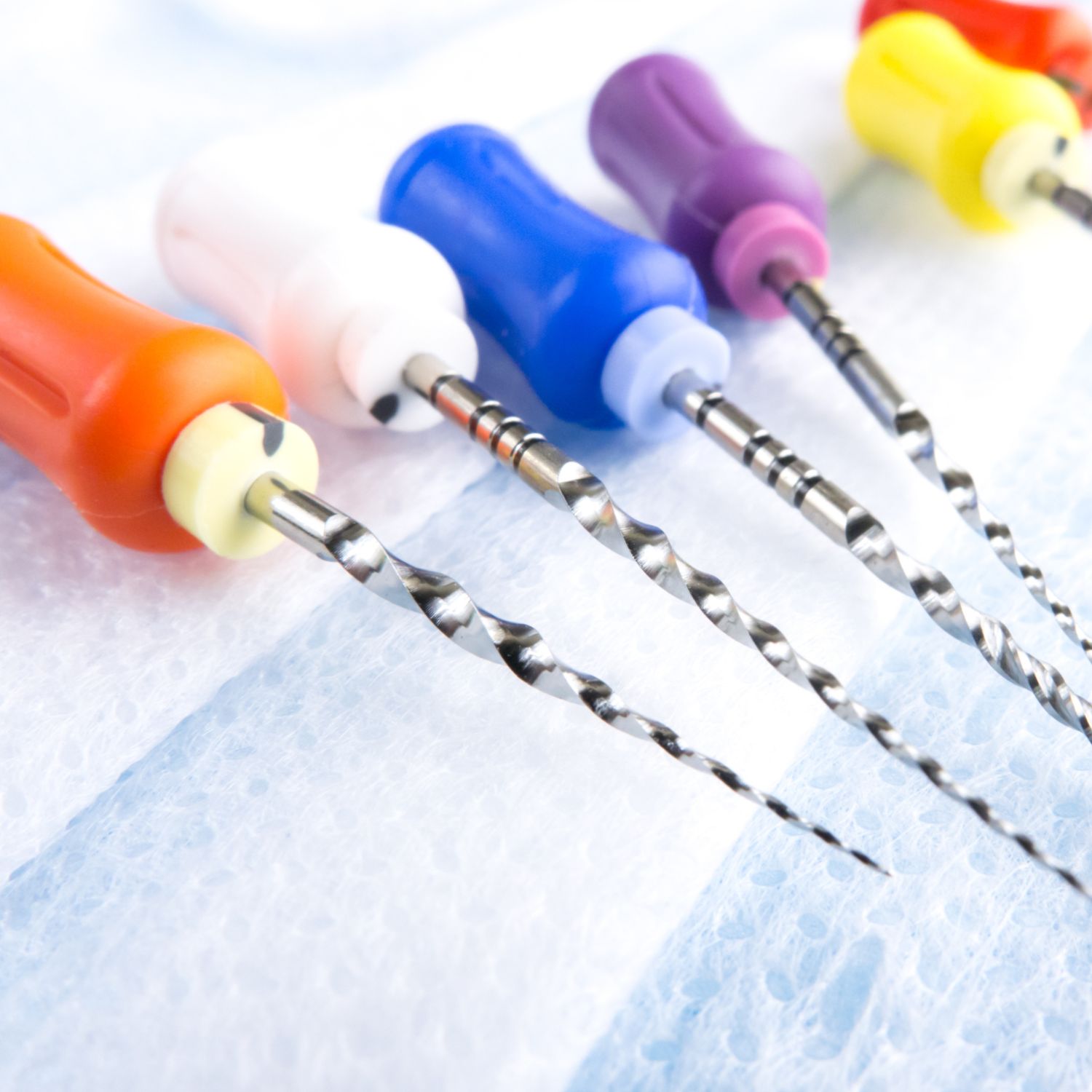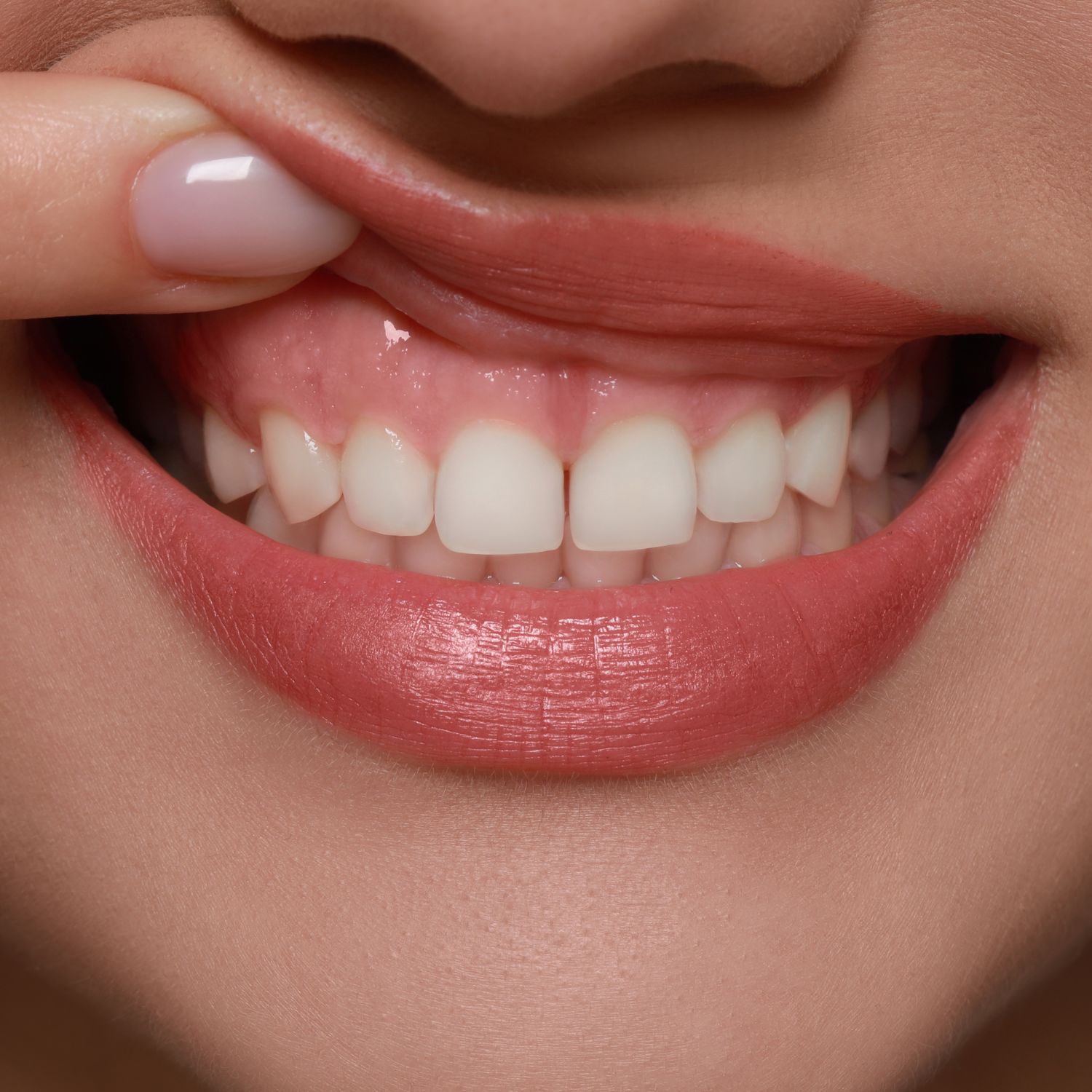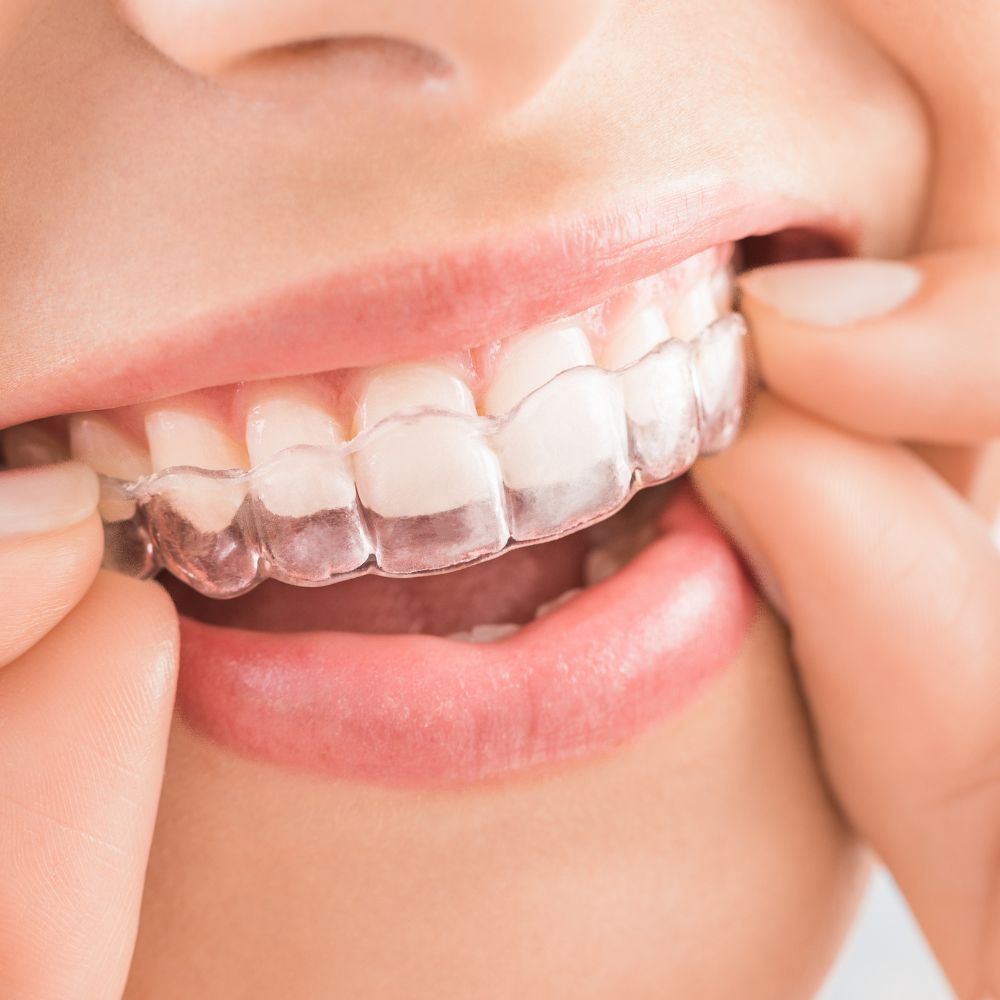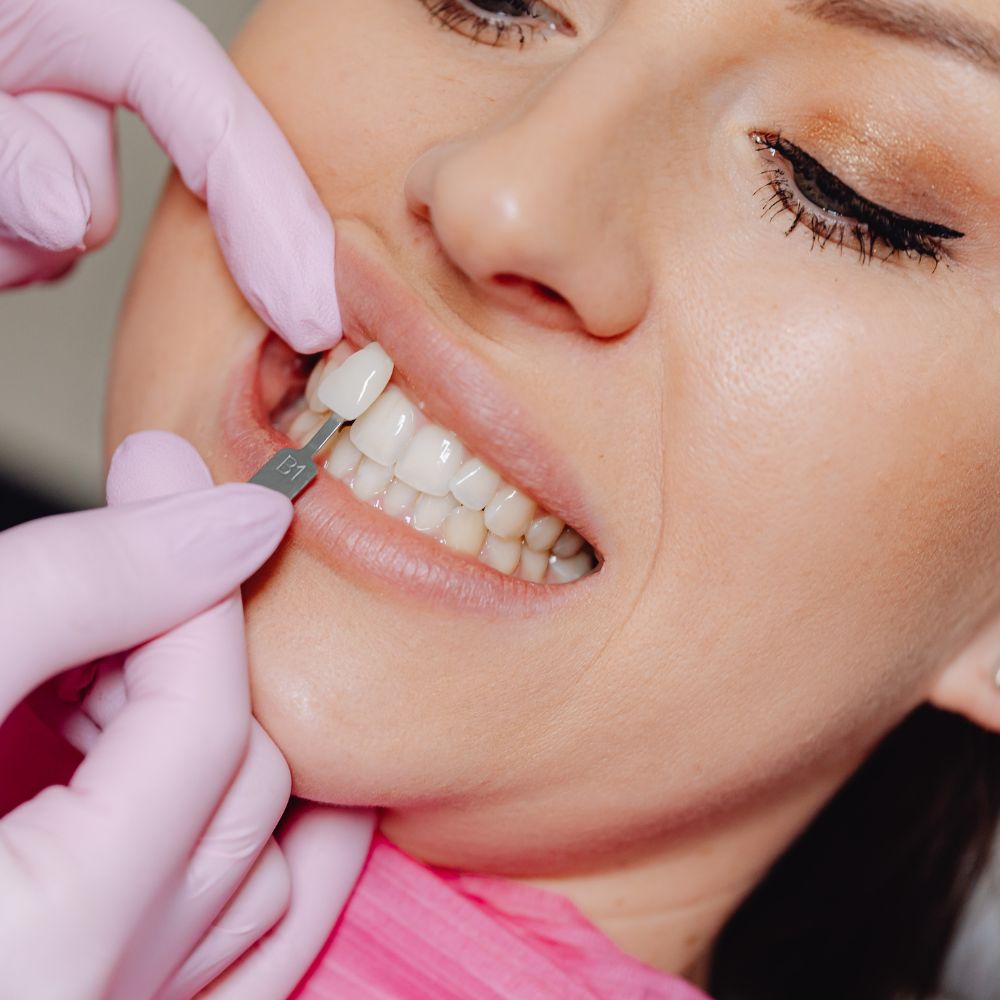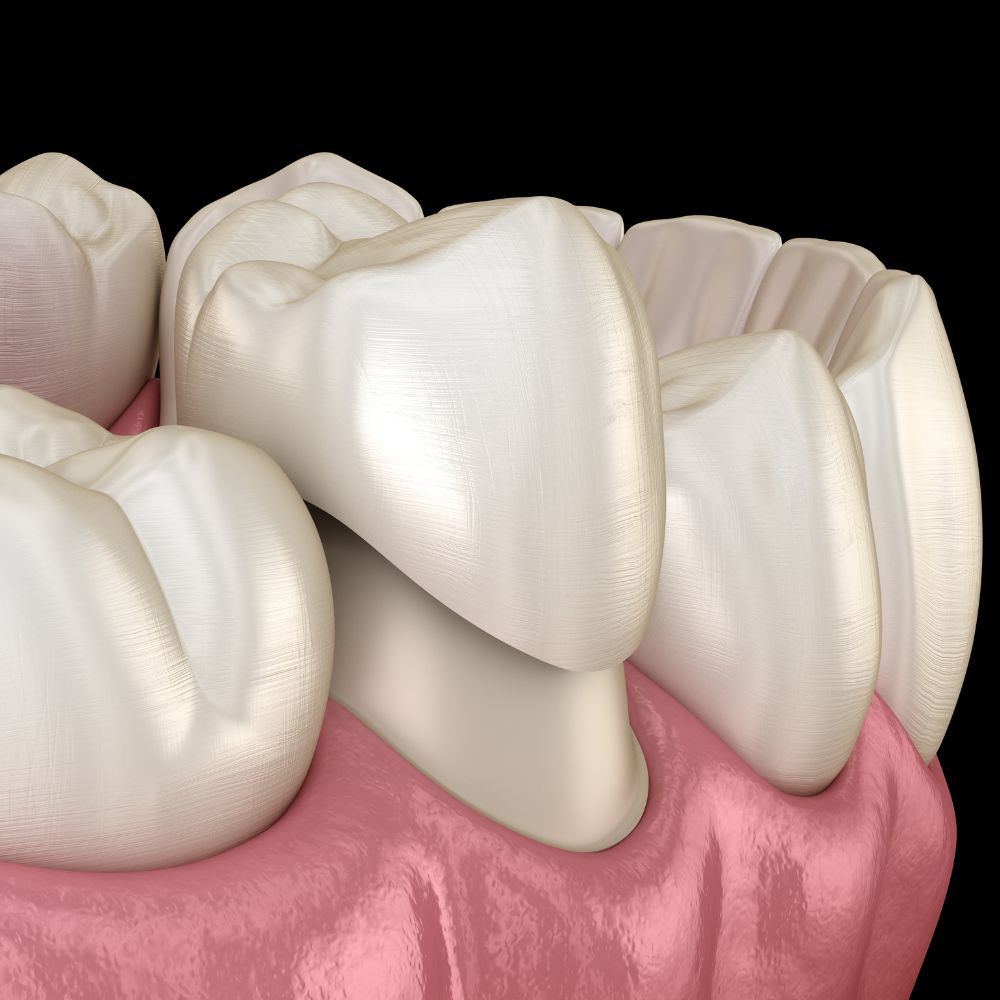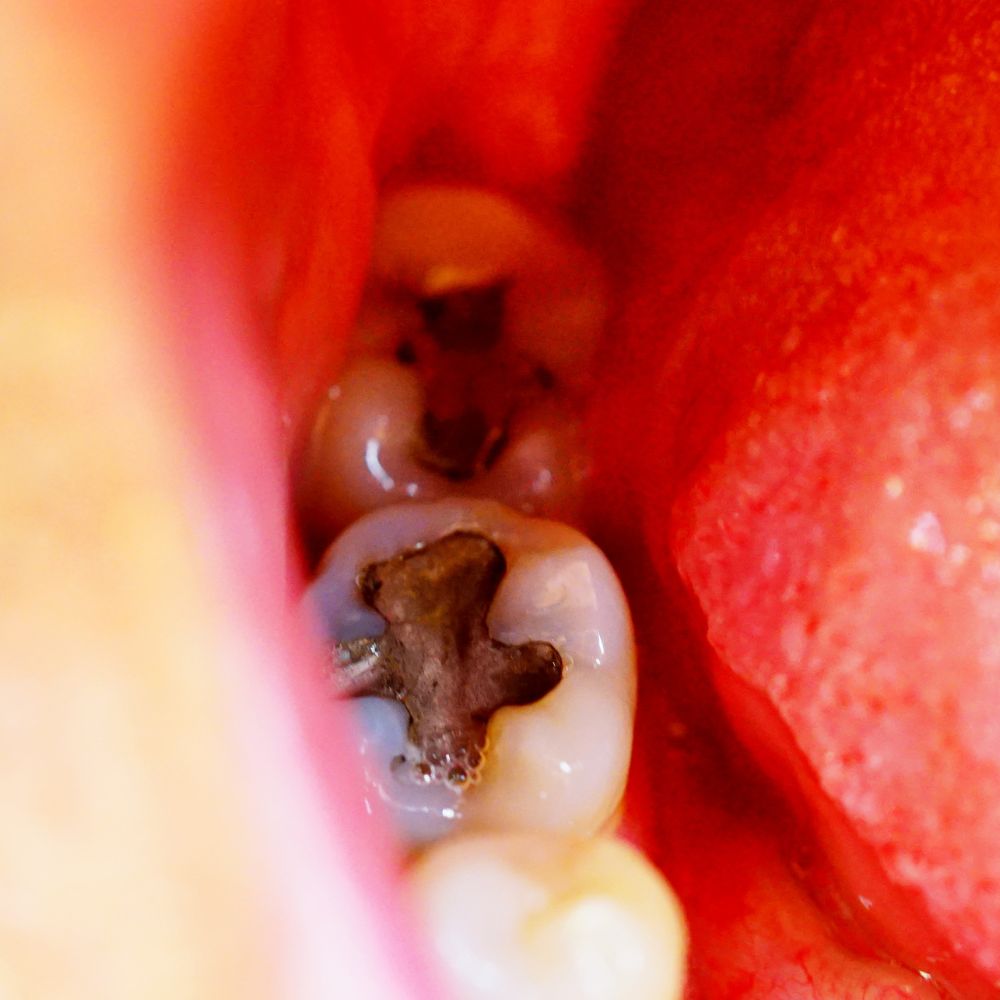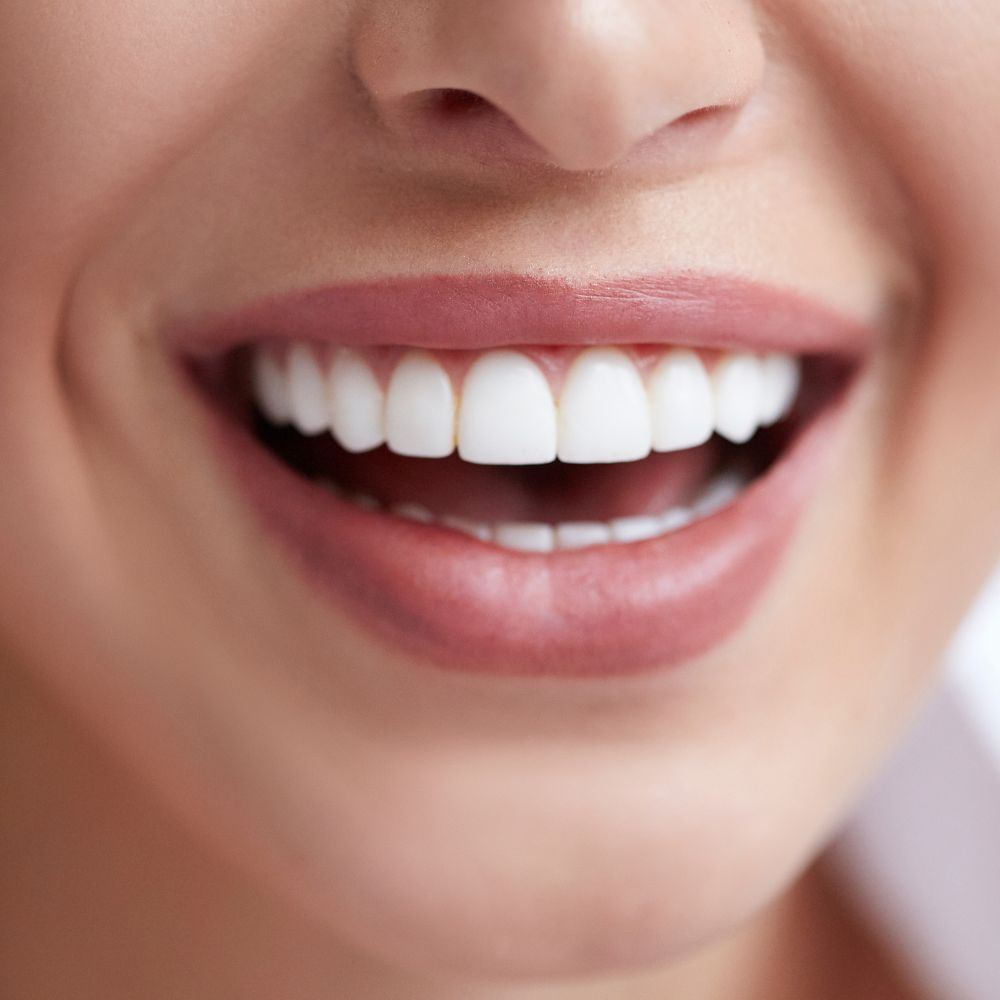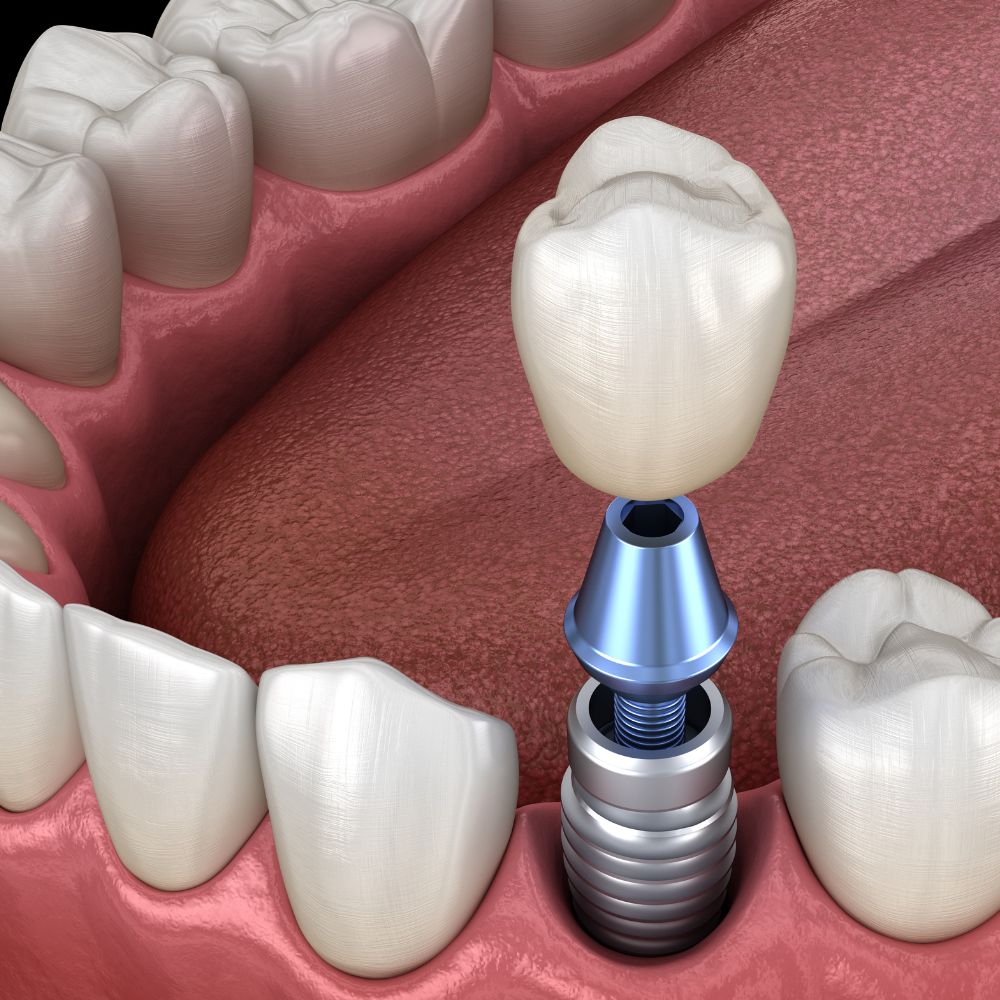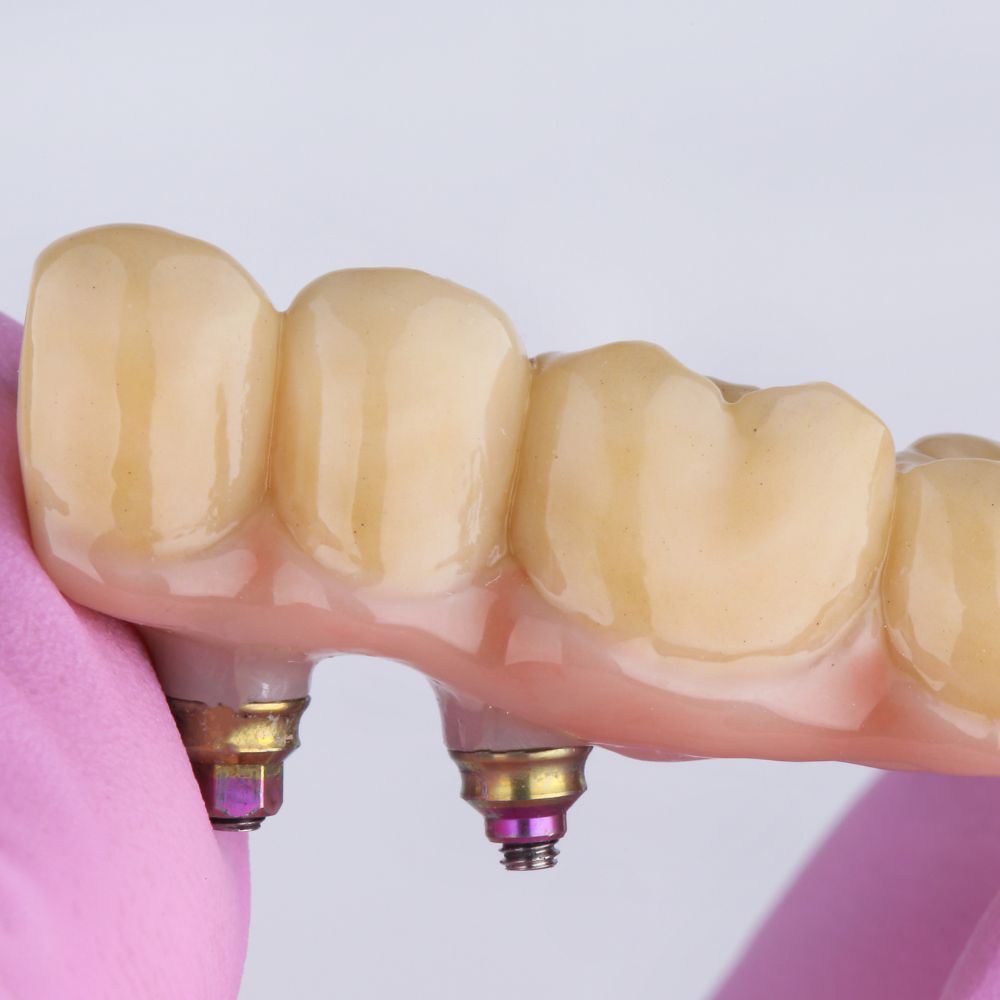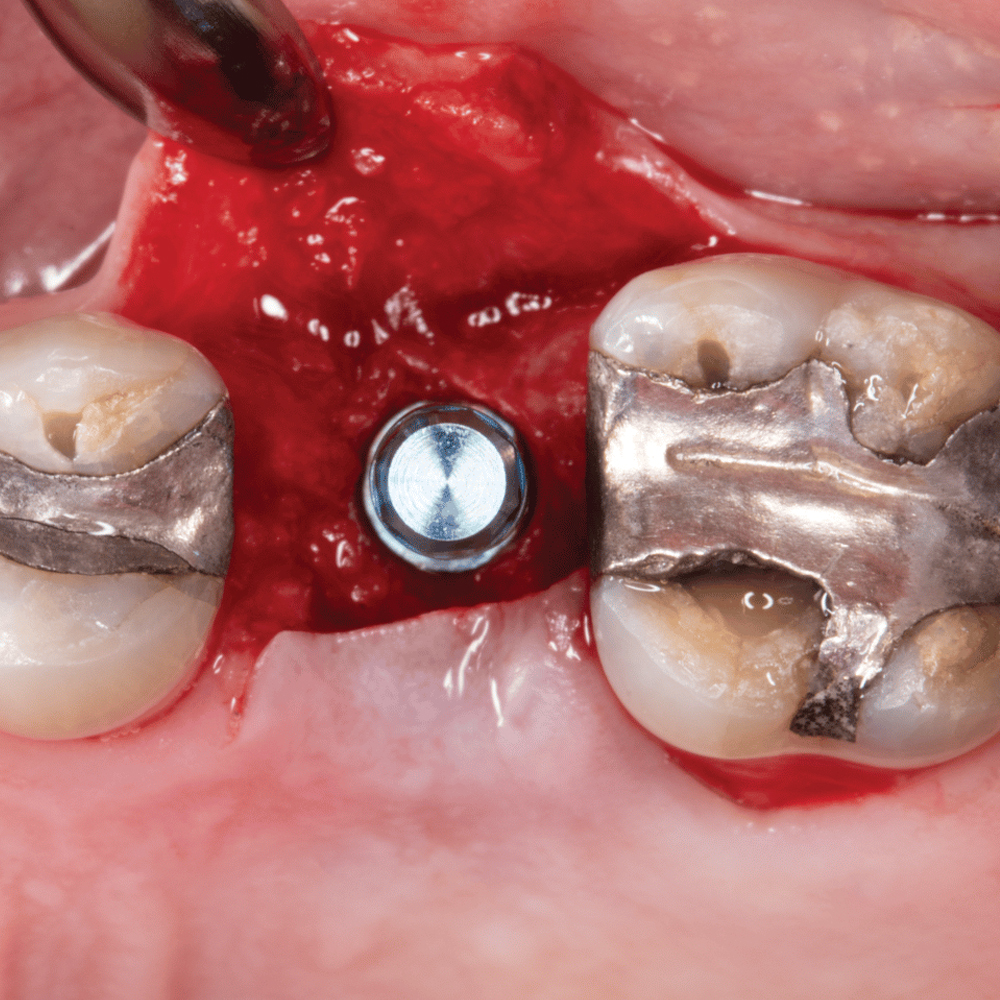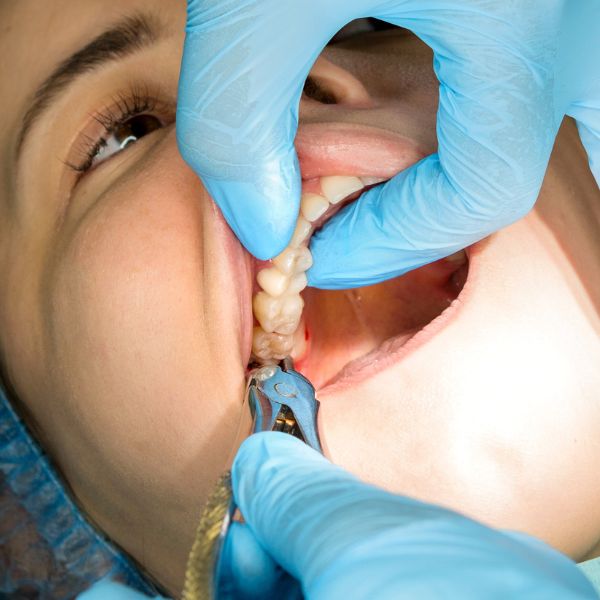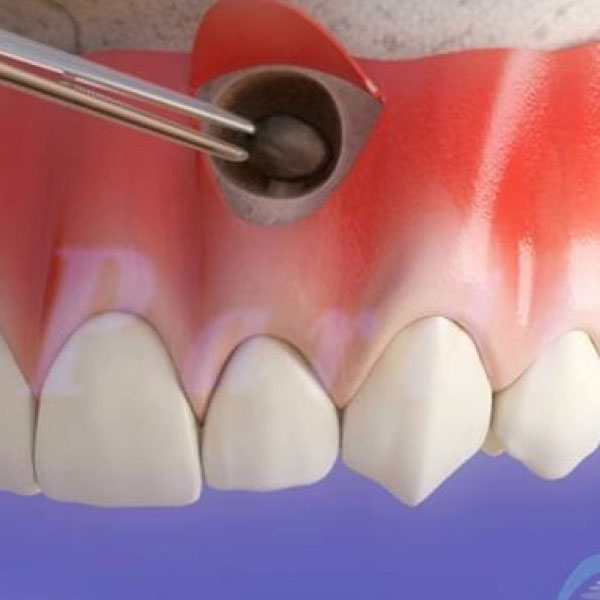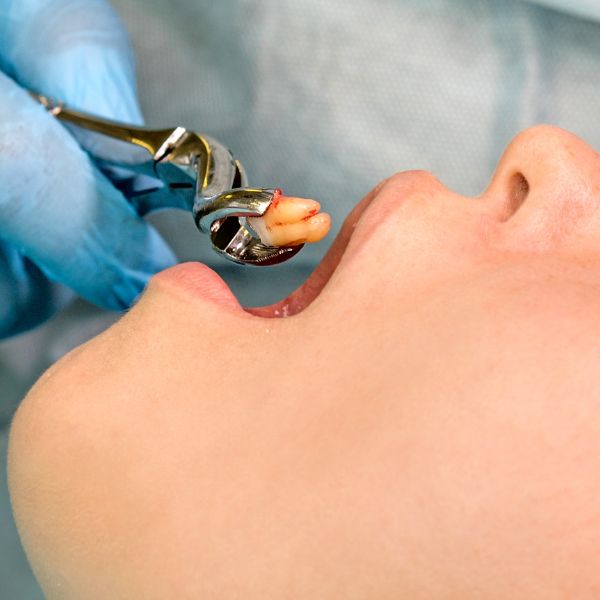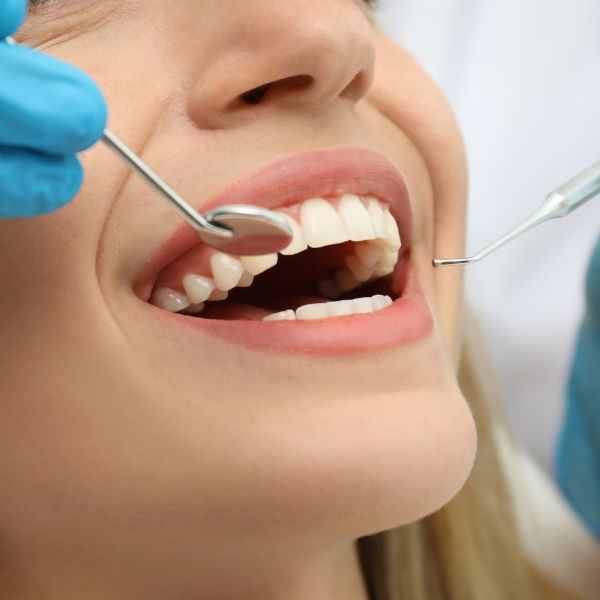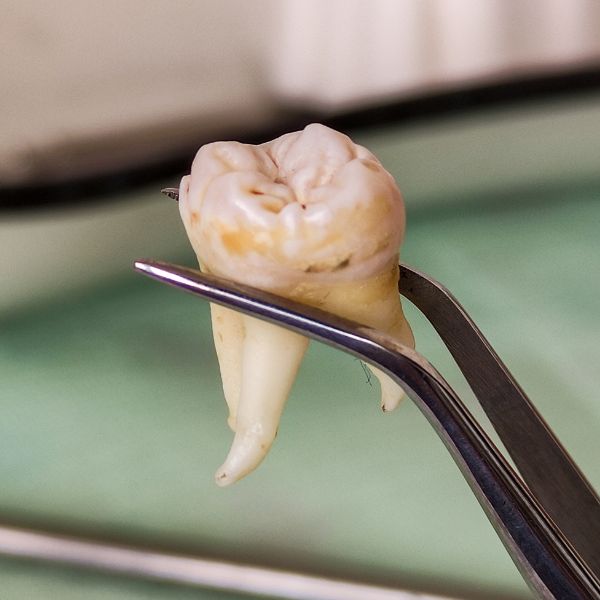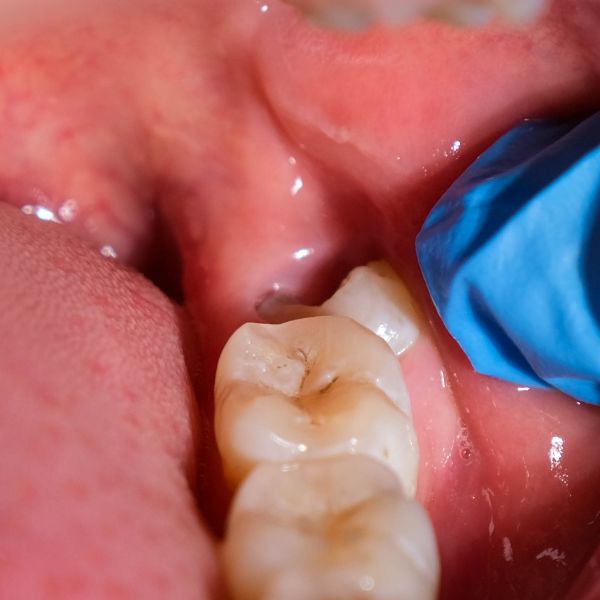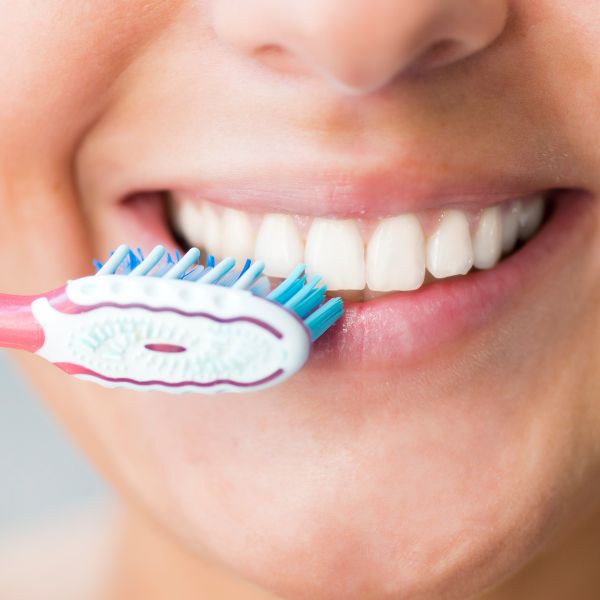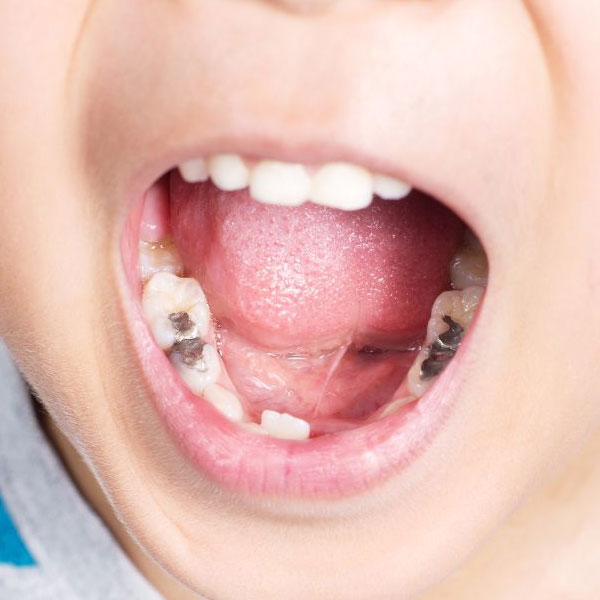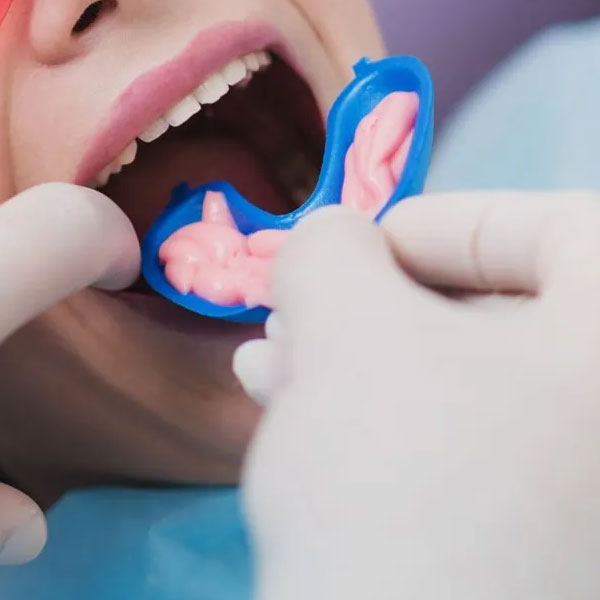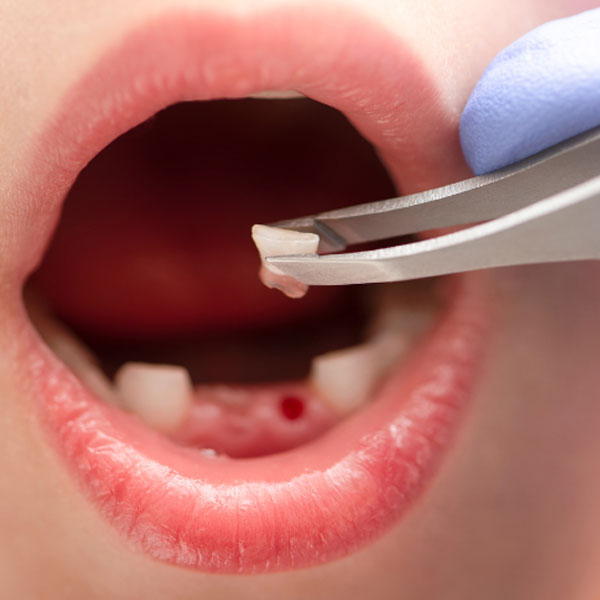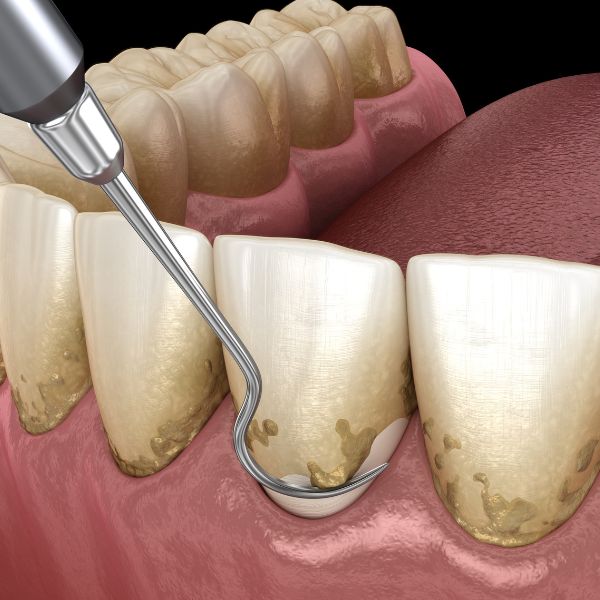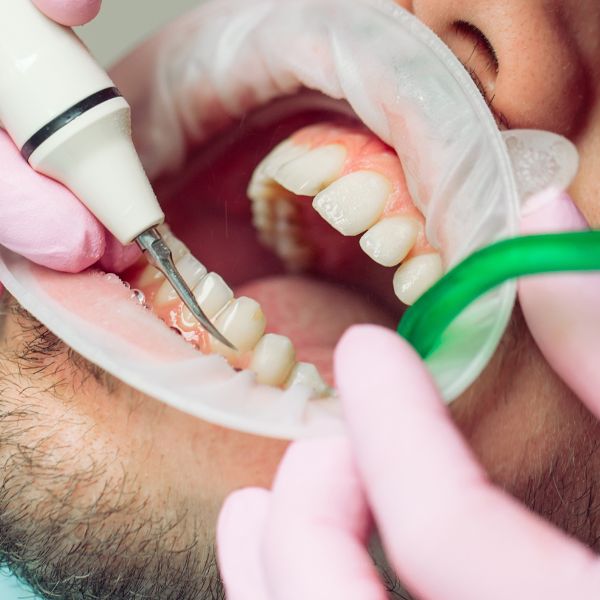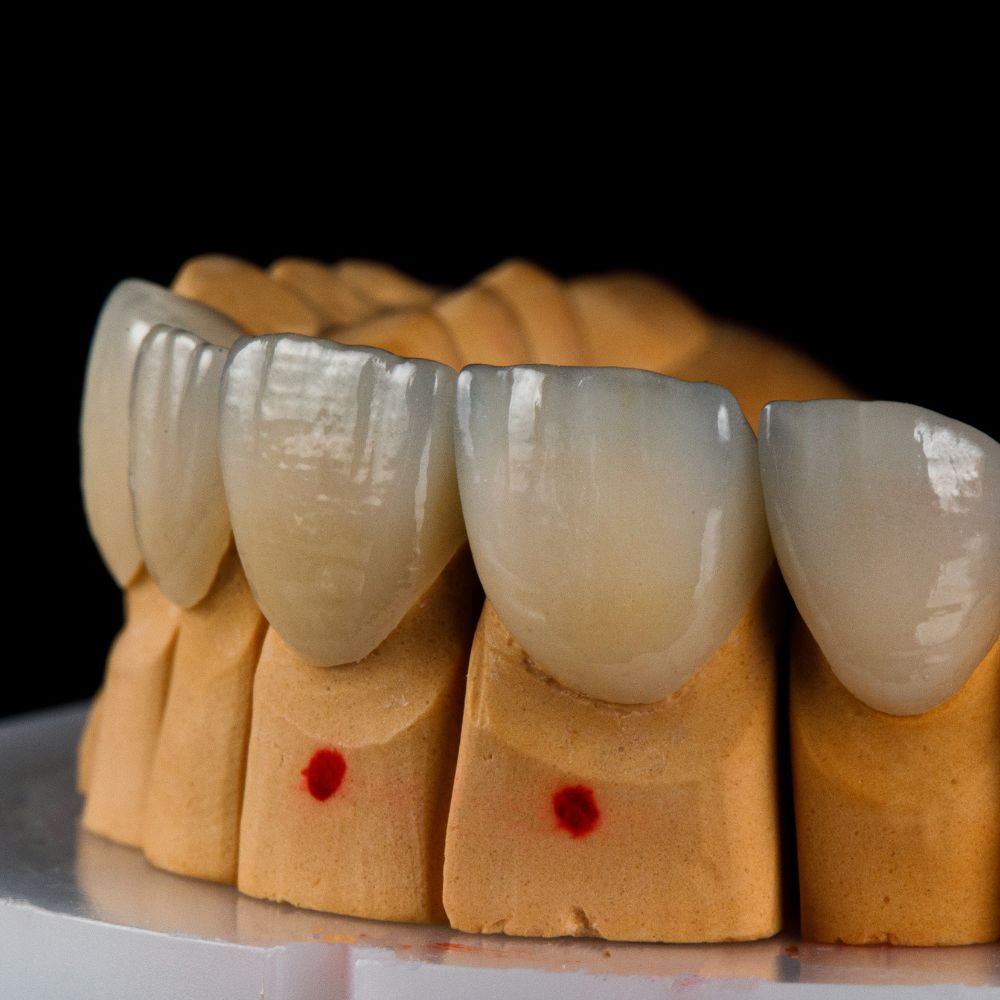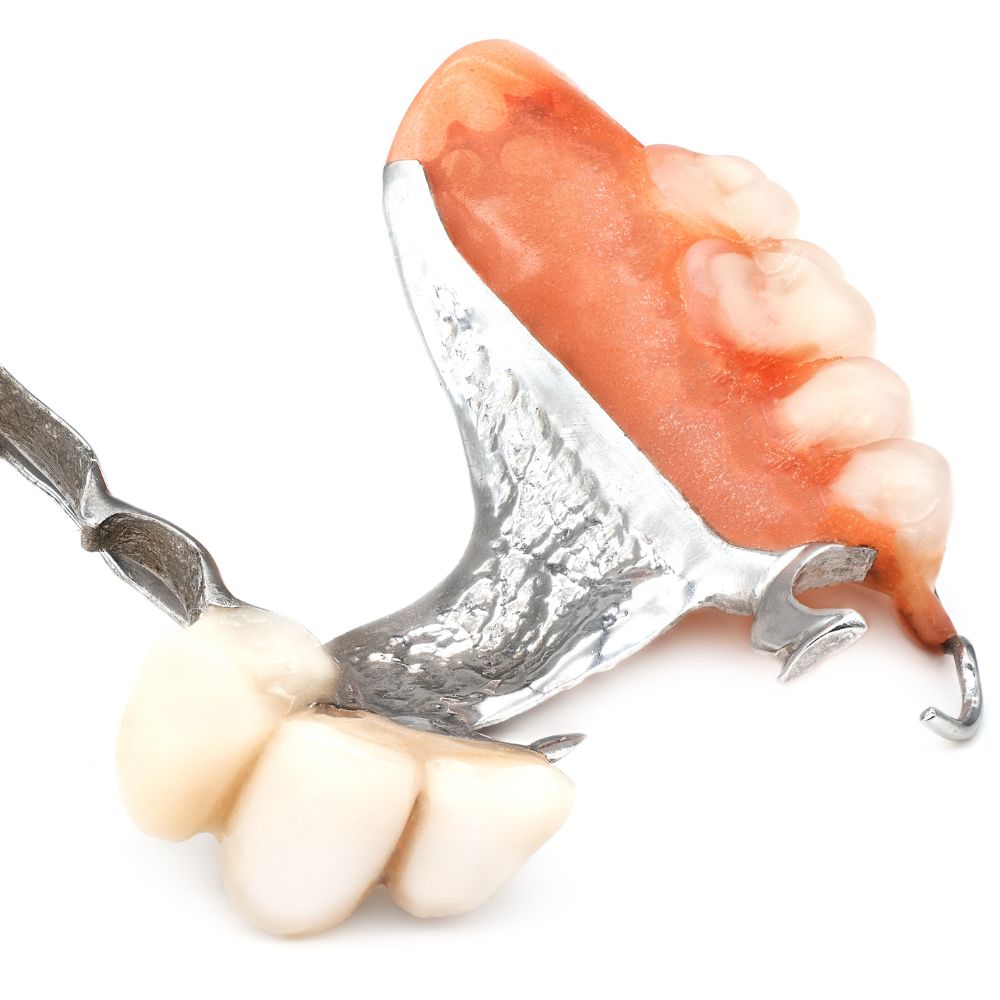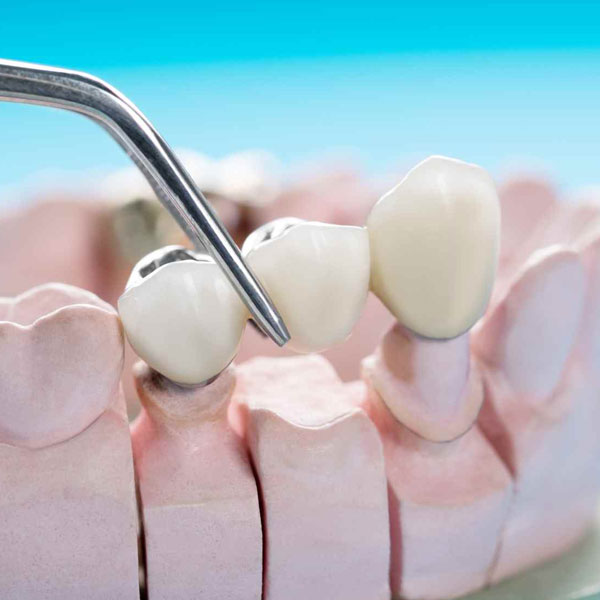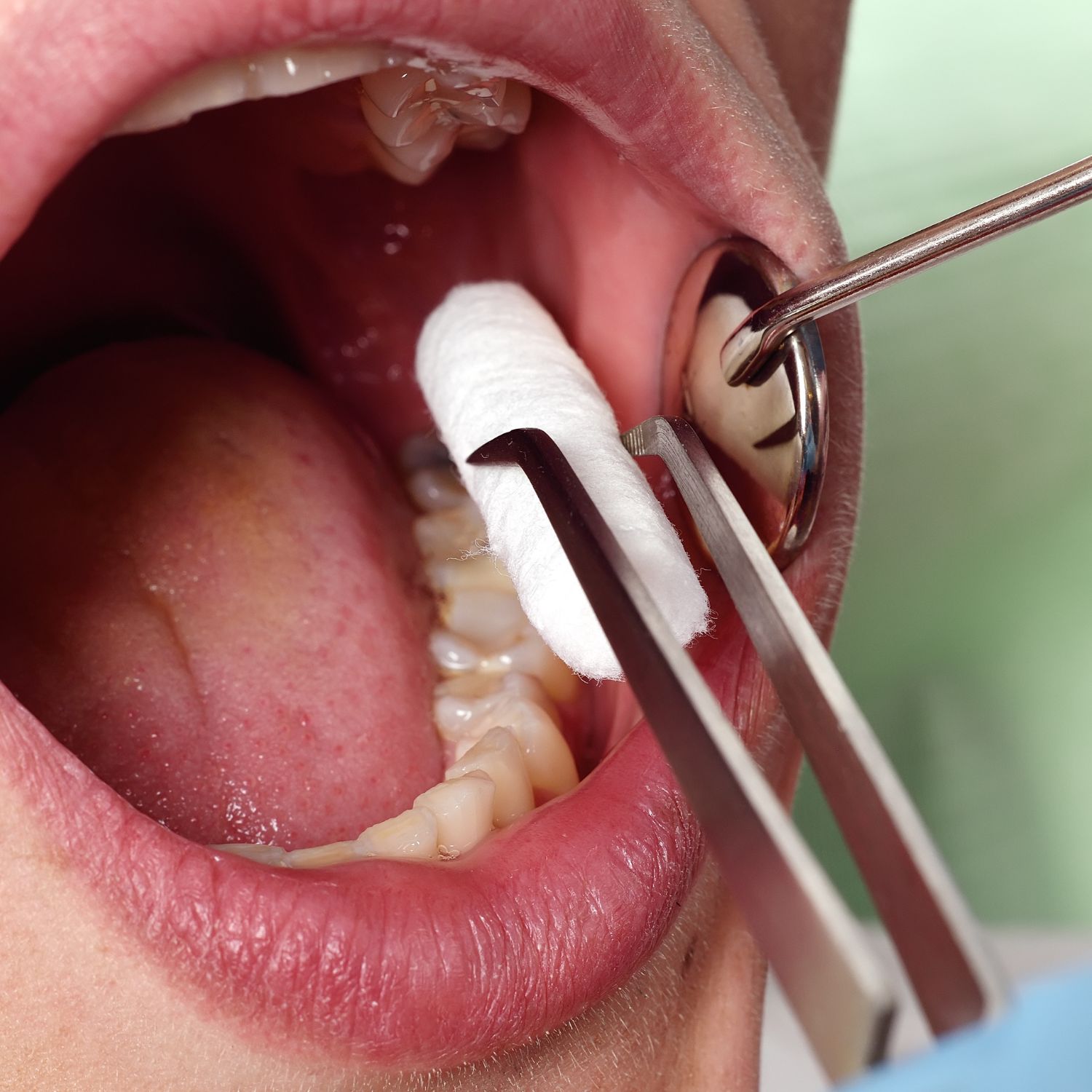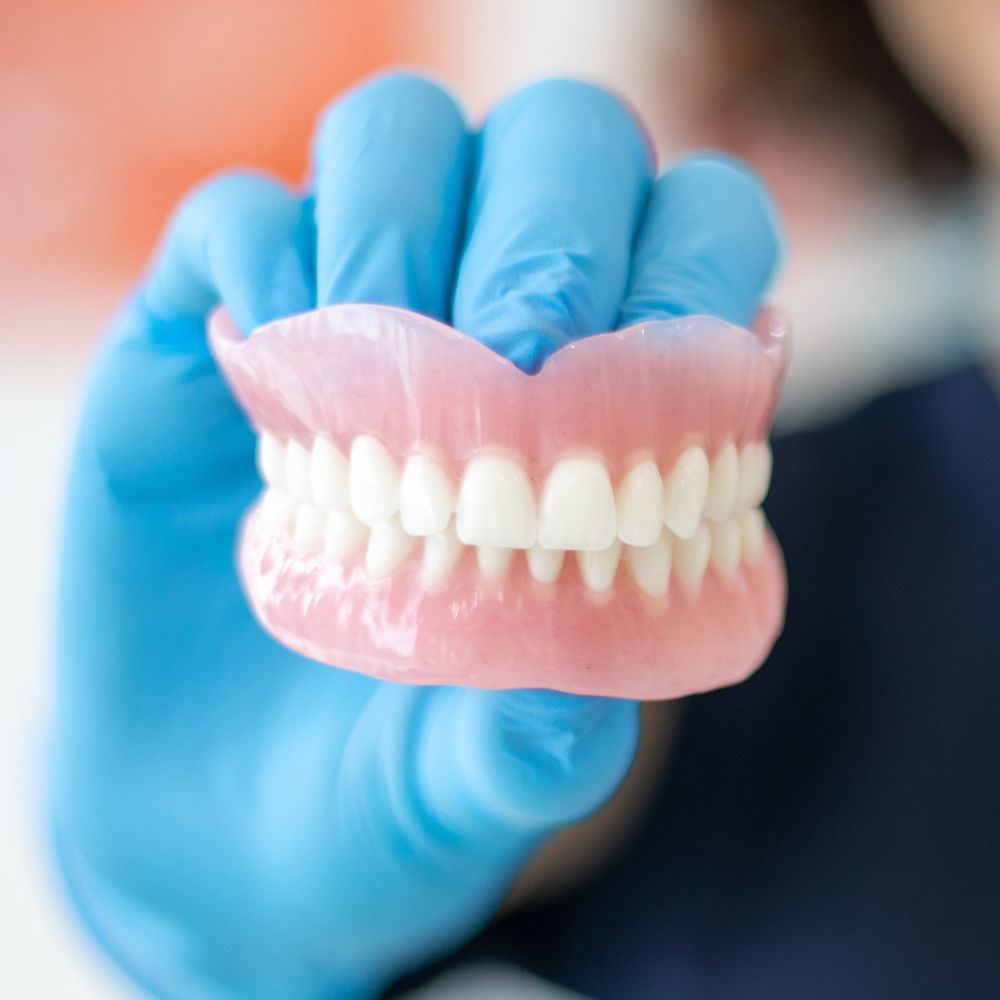Cleaning
Fluoride
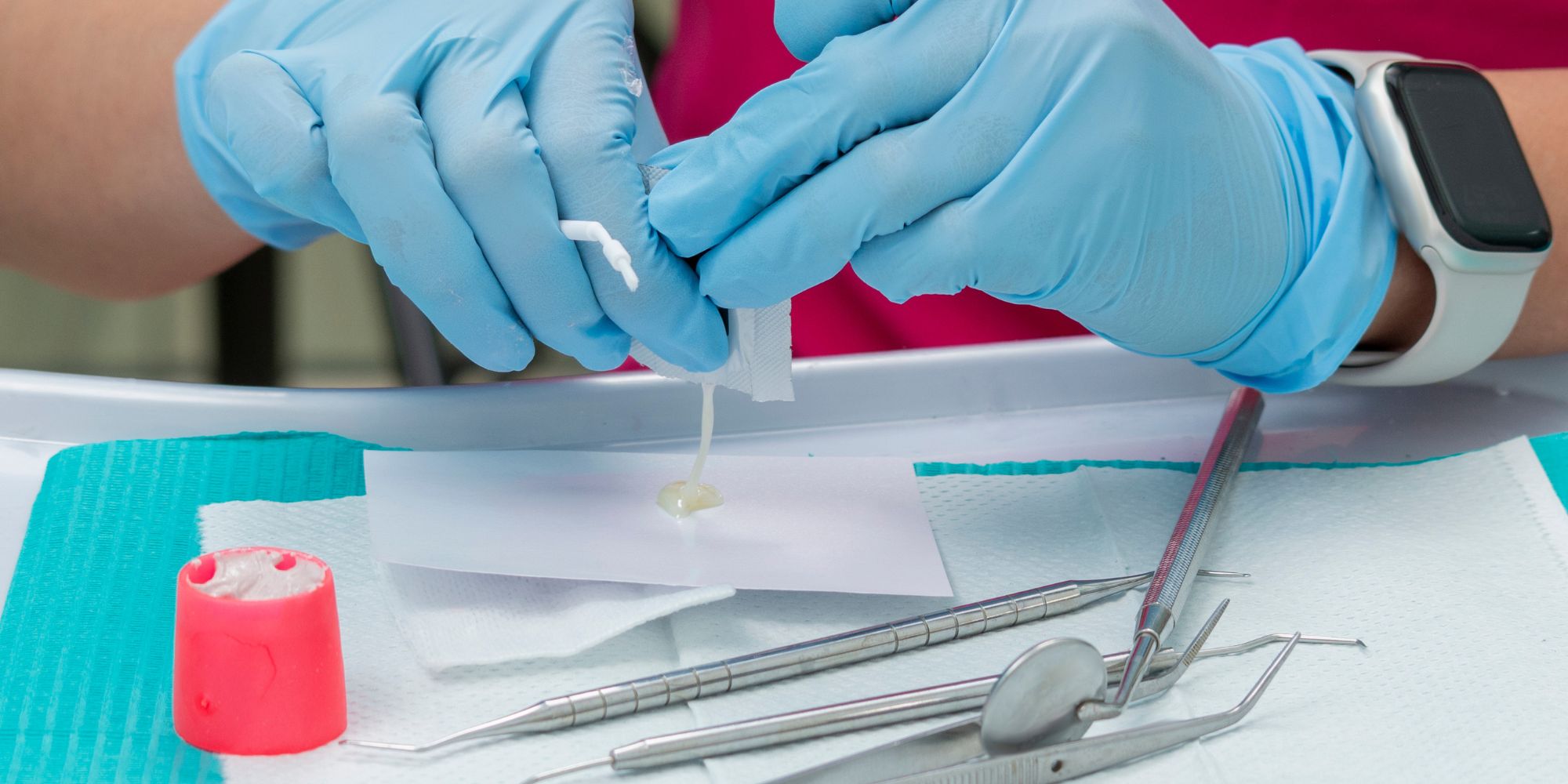
Cleaning Fluoride
Maintaining good oral health is vital for children as it plays an important role in their overall well-being. Cleaning and fluoridation of teeth are two key aspects of pediatric dentistry that help prevent dental problems in children.
What is cleaning and why is it important for children?
Cleaning is a professional procedure performed by a dentist to remove plaque, tartar and stains from the teeth. It involves the use of specialized tools to thoroughly clean the surfaces of the teeth, including hard-to-reach areas. For children, cleaning is crucial because their developing teeth are more susceptible to dental problems, and good oral hygiene habits established in childhood can lay the foundation for a lifetime of good dental health.
Regular cleaning for children is vital to prevent plaque and tartar build-up, which can lead to tooth decay and gum disease. By removing these harmful substances, dental cleanings help maintain healthy teeth and gums. In addition, it allows the dentist to spot any early signs of dental problems, such as cavities or gum inflammation, and treat them promptly before they worsen.
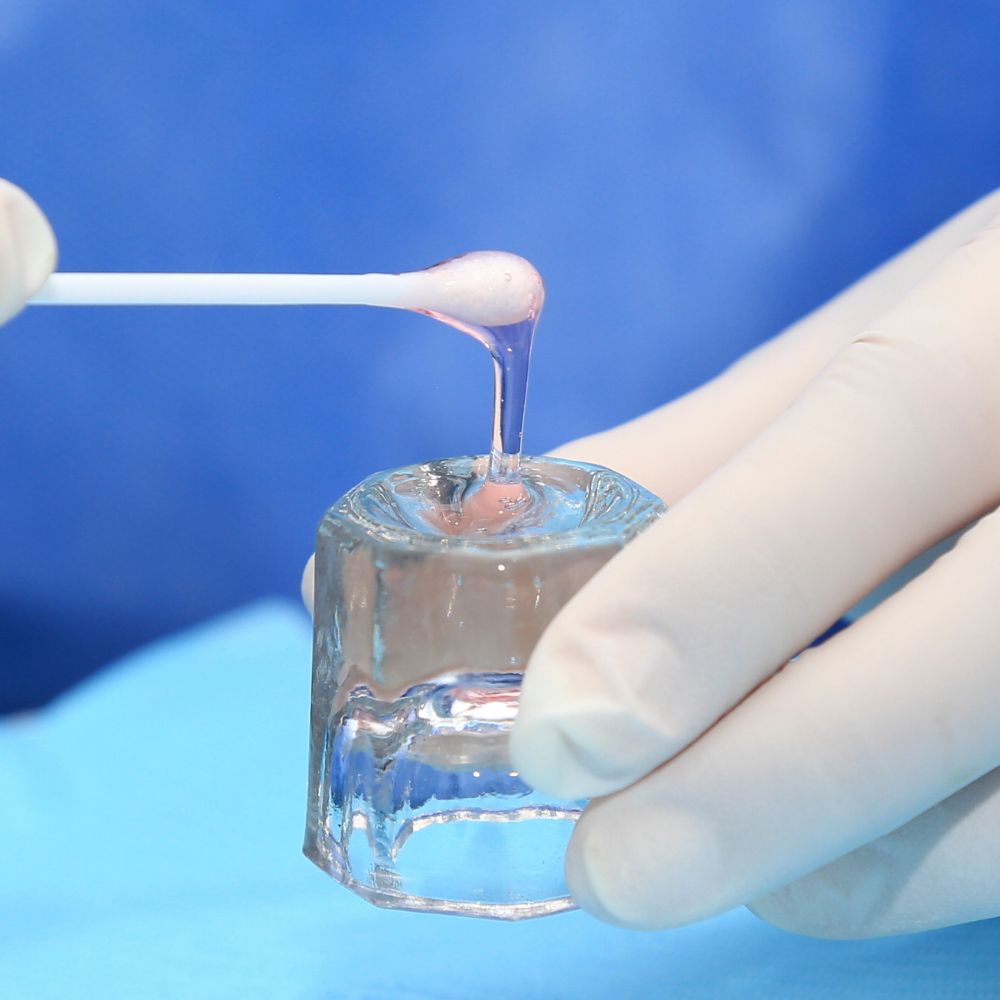
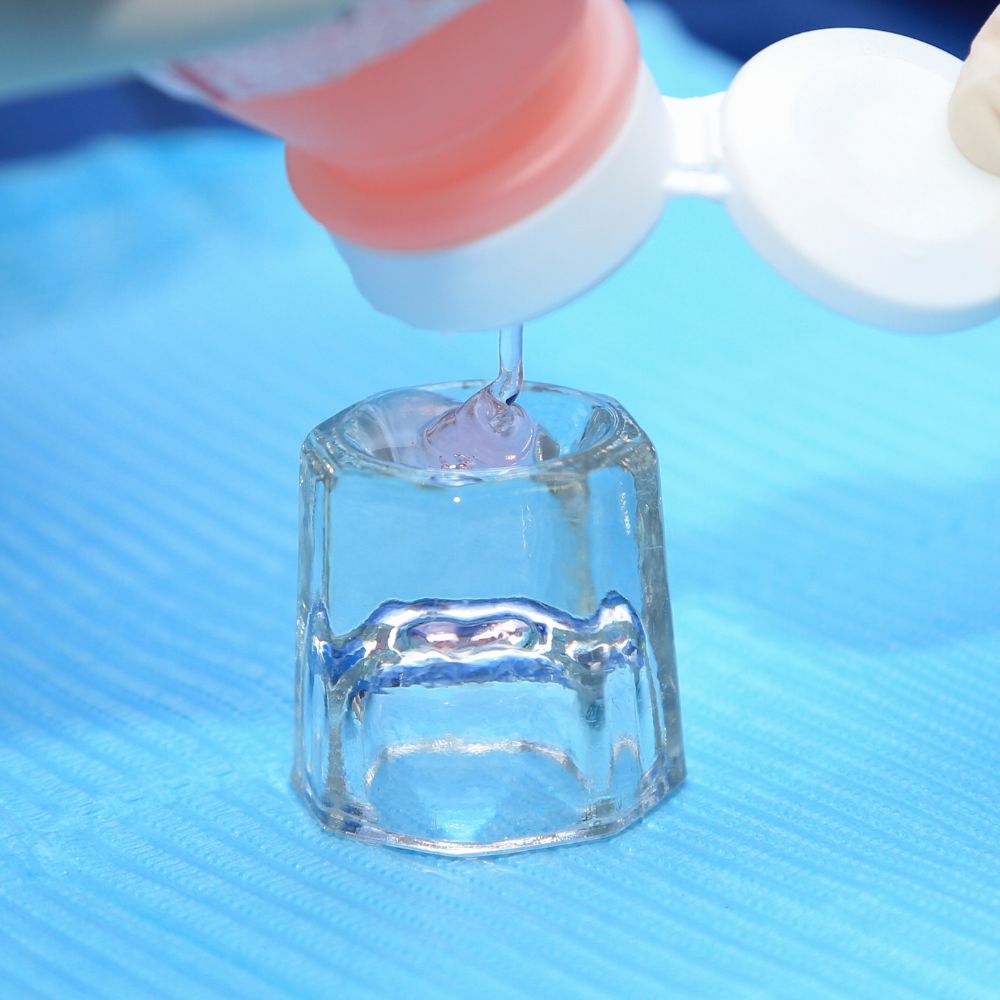
The benefits of teeth cleaning and fluoridation in children
Dental cleaning and fluoridation offer numerous benefits to children's oral health. First, cleaning helps prevent tooth decay by removing plaque and tartar, which are the main culprits for cavities. By keeping teeth clean, children are less likely to develop cavities, ensuring their oral health remains intact.
Dental fluoridation, on the other hand, involves applying fluoride to the teeth. Fluoride is a mineral that strengthens tooth enamel, making it more resistant to acid attacks from bacteria and sugary foods. This process helps prevent tooth decay and can even reverse the early stages of tooth decay. Combined with cleaning, dental fluoridation provides an extra layer of protection for children's teeth, reducing the risk of cavities and dental problems.
Additionally, regular dental cleanings and fluoridation can help children maintain fresh breath and a bright smile. By removing plaque and stains, dental cleanings improve the appearance of teeth, giving children the confidence to smile and interact with others.
Common dental problems in children and how cleaning can prevent them
Children are prone to various problems and dental cleaning plays a key role in preventing them. One of the most common problems in children is tooth decay, which can lead to pain, infection, and even tooth loss. Cleaning helps remove plaque and tartar that contribute to tooth decay, minimizing the risk of cavities and the need for invasive dental treatments.
Another common problem in children is gum disease, also known as gingivitis. Poor oral hygiene and plaque build-up can cause inflammation and bleeding gums. Regular cleaning helps prevent gum disease by removing plaque and tartar, reducing the risk of gum inflammation and keeping gums healthy.
In addition, cleaning can help identify and treat orthodontic problems in children. By carefully examining the teeth and gums during the cleaning, the dentist can detect any misalignment, crowding, or bite problems. Early intervention can then begin to address these issues, preventing more serious orthodontic problems in the future.
Cleaning Fluoride
How often should children have dental cleanings?
The frequency of cleaning for children depends on several factors, including their age, the state of their oral health, and their risk of developing dental problems. As a general guideline, children should have a dental cleaning every six months. However, some children may need more frequent cleanings, especially if they have a higher risk of tooth decay or gum disease.
It is important that parents consult with their child's dentist to determine the appropriate frequency of dental cleanings. The dentist will examine the child's individual needs and recommend a program that will ensure optimal oral health.
What is the process of cleaning and fluoridating children's teeth?
The process of cleaning and fluoridating children's teeth is usually simple and painless. It begins with a thorough examination of the teeth and gums to assess their overall health. The dentist will use a small mirror and probe to check for cavities, gum disease, or other dental problems.
Then, the dental cleaning process begins. The dentist will use specialized tools to remove plaque and tartar from the surfaces of the teeth. It will also clean the areas between the teeth and along the gum line to ensure a thorough clean. The procedure may involve the use of ultrasonic scalers, which use vibrations to break up the stone, followed by manual scaling to remove any remaining deposits.
After cleaning, teeth fluoridation can be performed. The dentist applies a fluoride gel or varnish to the teeth, allowing the fluoride to penetrate the enamel and strengthen it. This step provides additional protection against tooth decay and helps maintain overall dental health.
Some Tips for Parents to Encourage Good Dental Hygiene in Children
As parents, there are a number of steps you can take to encourage good dental hygiene in your children and ensure their oral health remains in tip-top shape. Here are some tips you can follow:
Start early: Start cleaning your child's gums even before their first tooth erupts. Use a soft cloth or a baby toothbrush to gently wipe their gums after feeding.
Introduce tooth brushing: As soon as your child's first tooth appears, start using a soft-bristled toothbrush and a dab of fluoride toothpaste to brush their teeth. Gradually increase the amount of toothpaste as they grow.
Promote healthy eating habits: Limit sugary snacks and soft drinks, as they can contribute to tooth decay. Encourage a balanced diet rich in fruits, vegetables and calcium-rich foods for strong, healthy teeth.
Supervise brushing: Until your child is around eight years old, supervise their brushing to make sure they are brushing correctly and for the right amount of time. Teach them to brush all surfaces of the teeth and rinse their mouth properly.
Lead by example: Show your children the importance of good dental hygiene by practicing it yourself. Brush your teeth together as a family and make brushing a fun and enjoyable activity.

